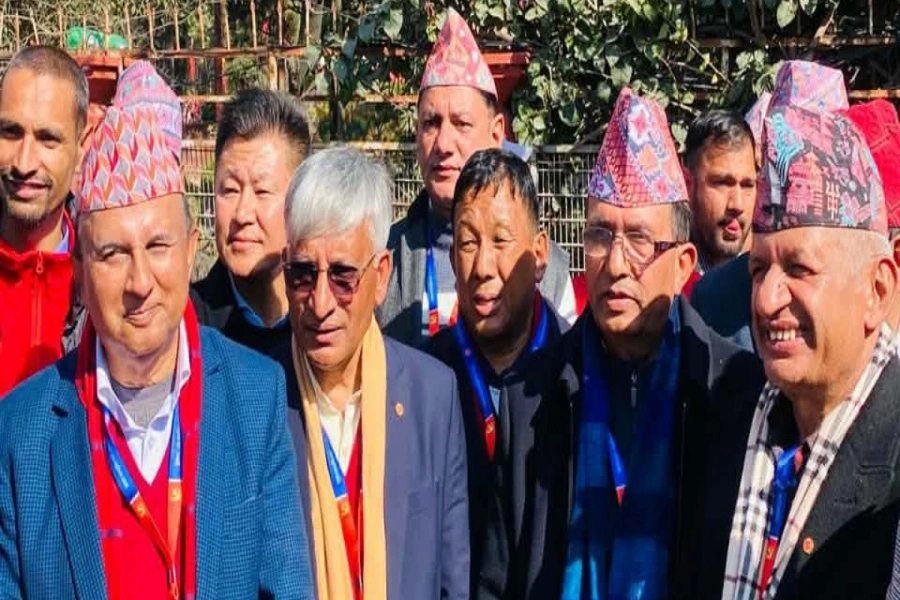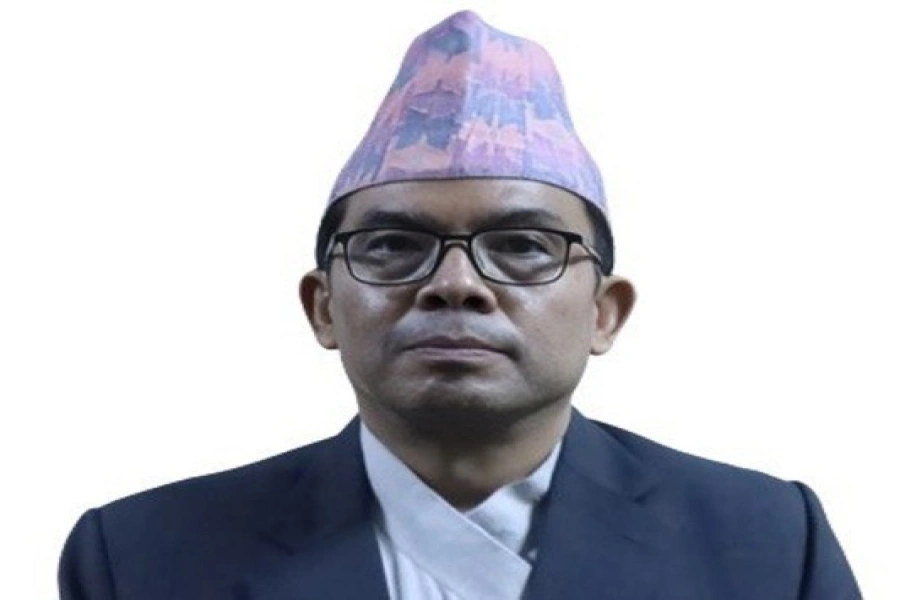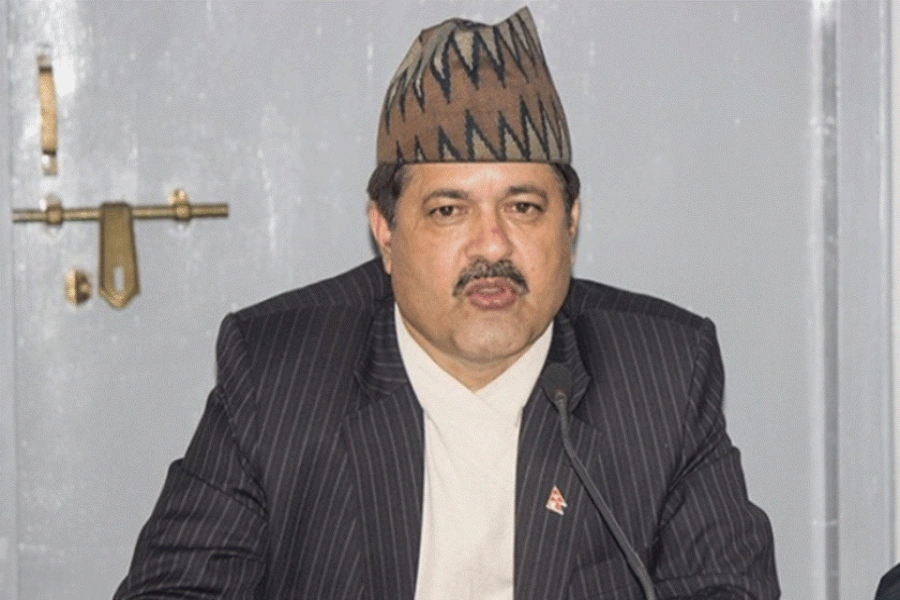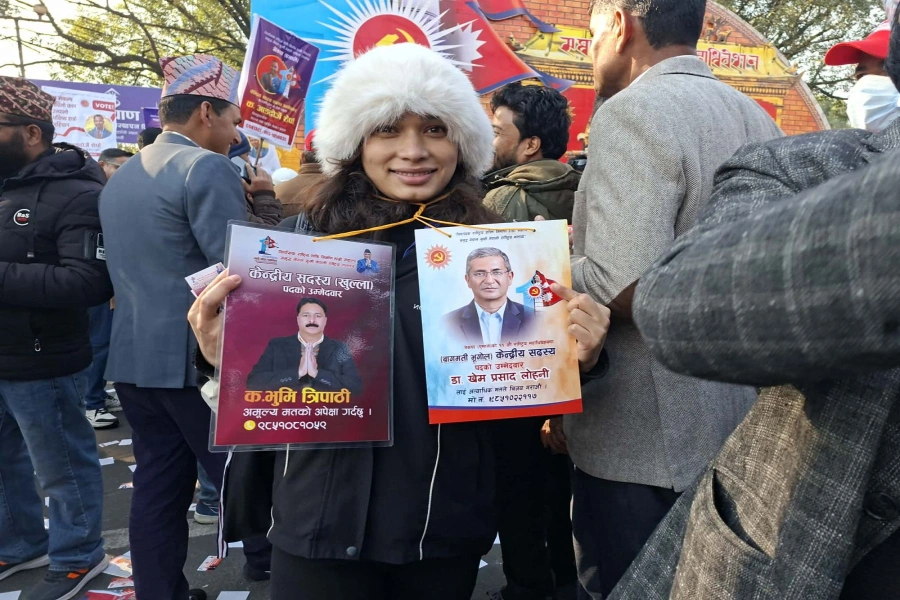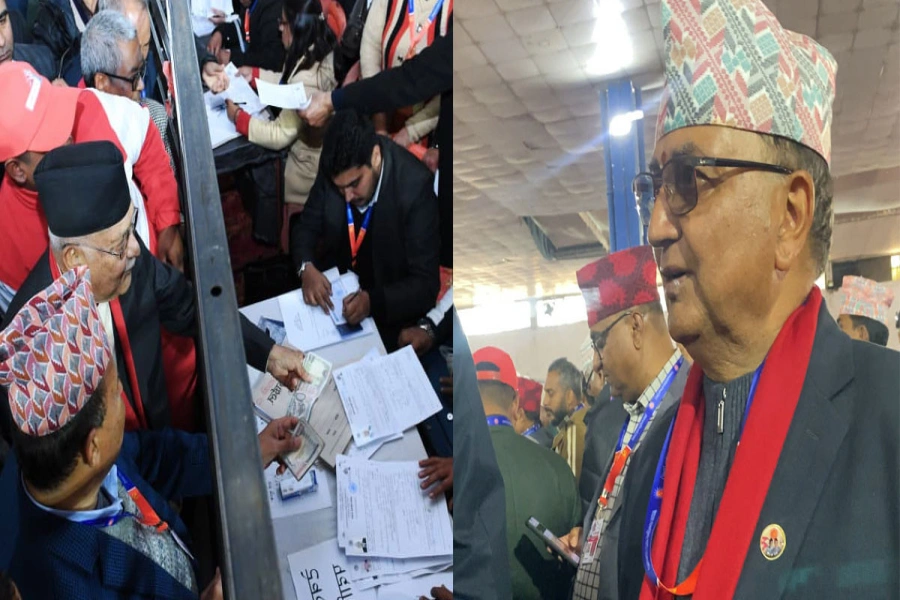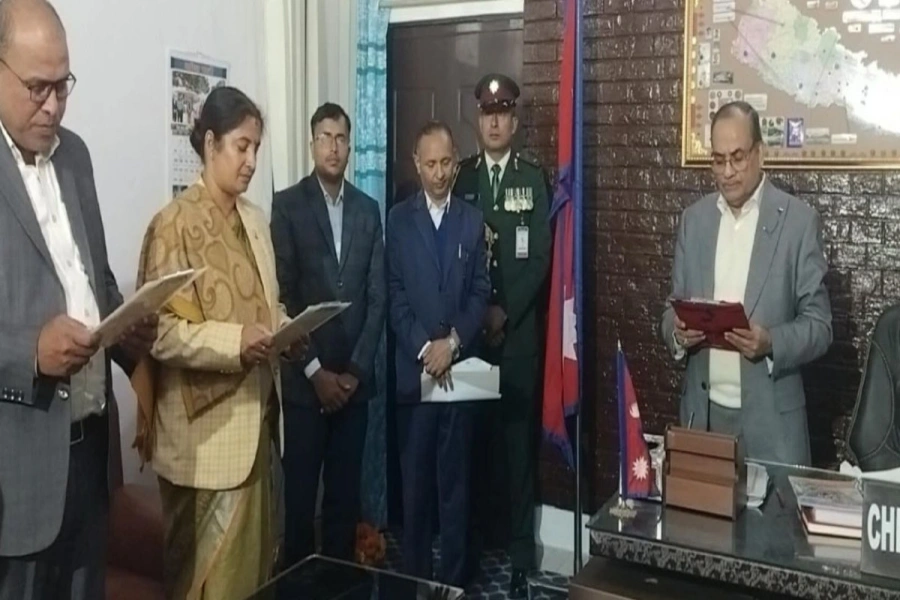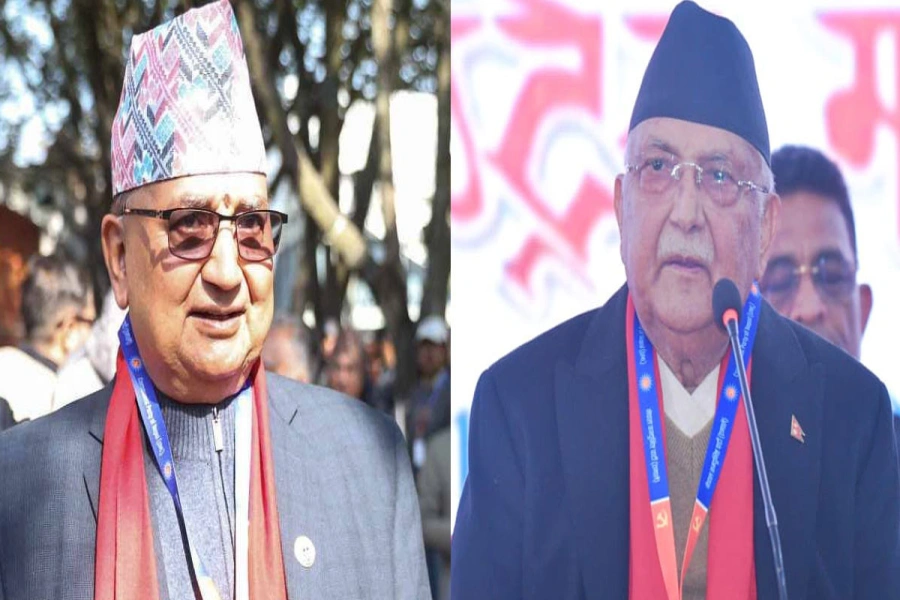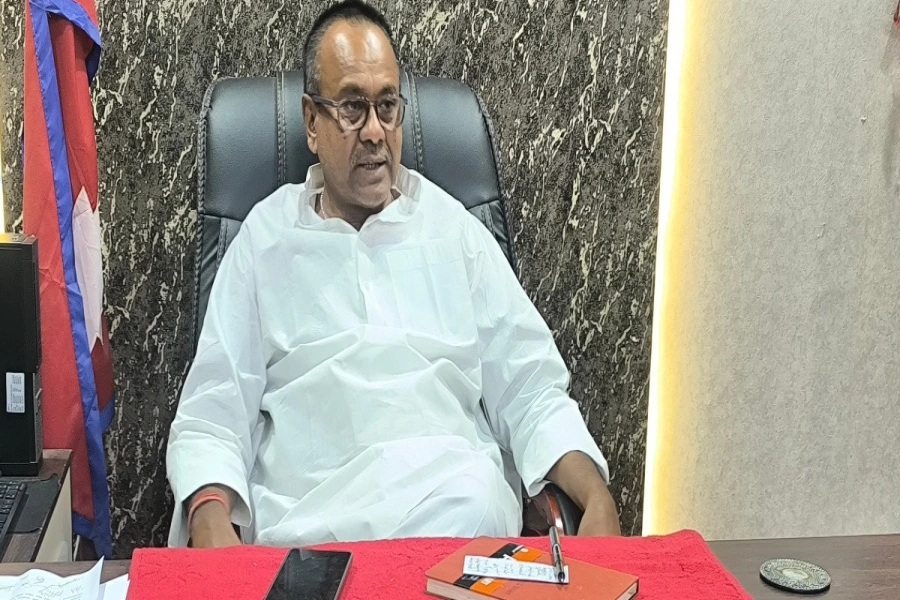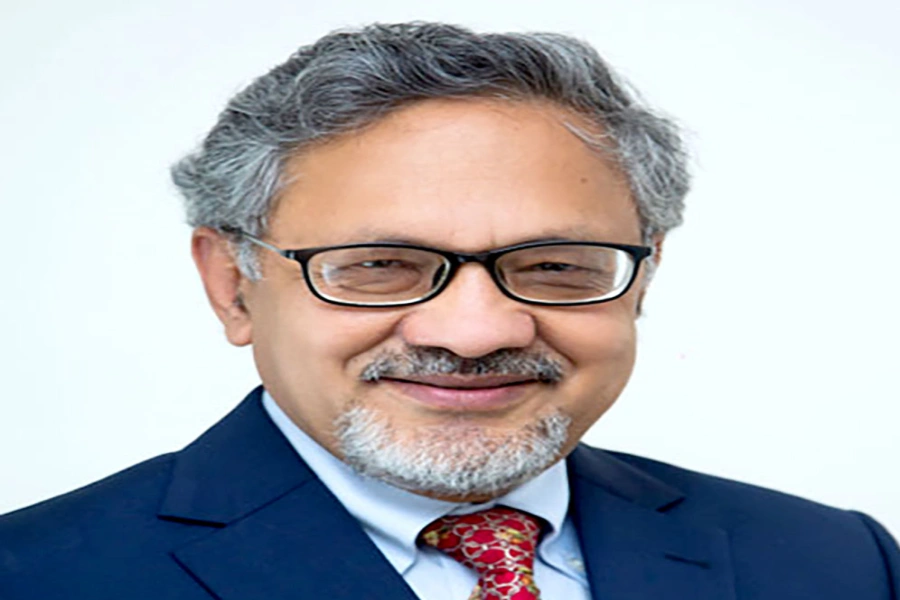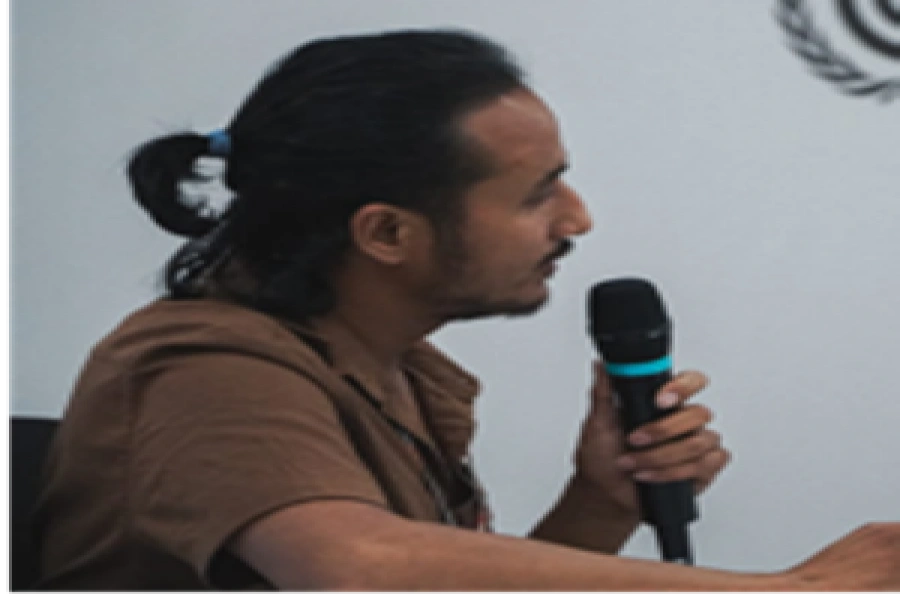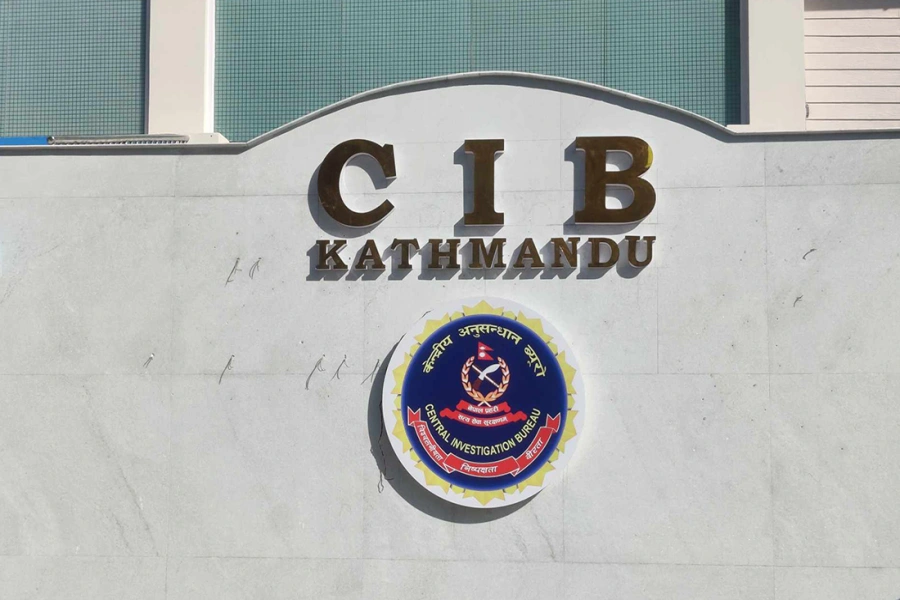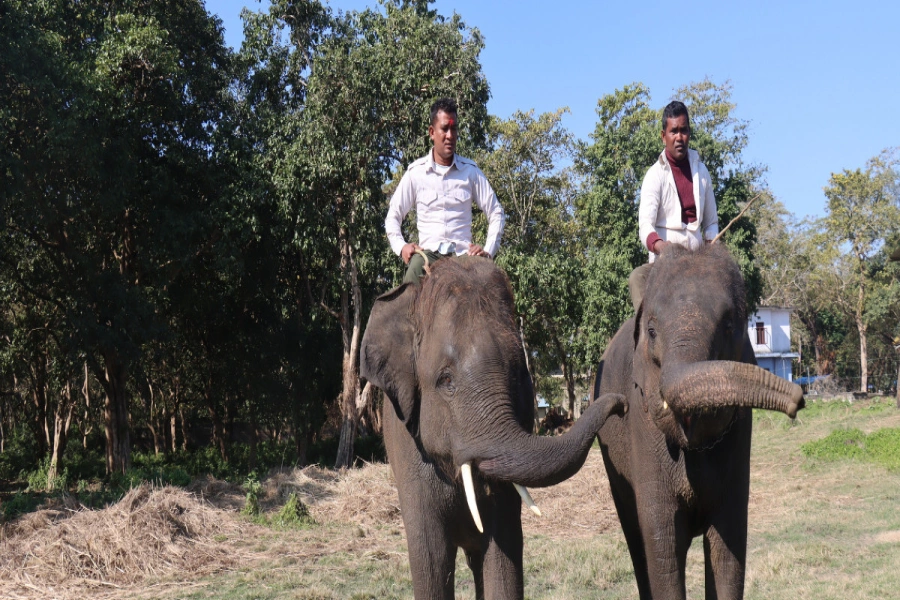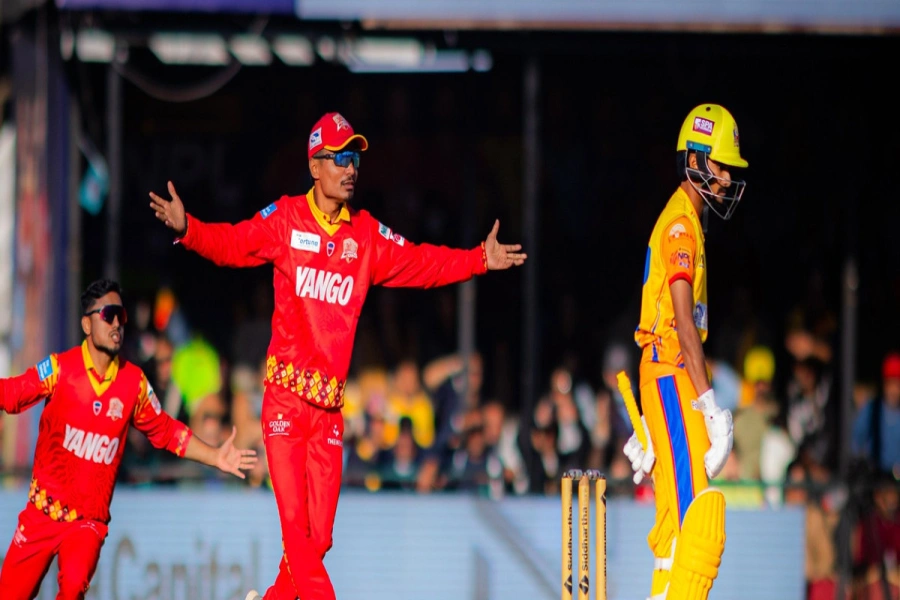Despite there being an organization for the advocacy of para-athletes, the status quo of para-sports remains to be the same as it was years ago.
There’s a whole world out there with numerous sorts of sports for differently-abled people. But why is it that we rarely hear any individual personalities from Nepal? Is it because of the lack of attention, acknowledgment, or infrastructure and development?
A common answer among various para-athletes about their decision to pursue a career and compete in different para-sports is their willingness. Various athletes solely credit their will to think beyond their disability and do something for both their country and themselves. Of course, it is an added bonus if there is adequate infrastructure, governmental support, and aid to these people.
Our message is it’s not possible for NC to function in the stat...

However, in the case of Nepal, is this a matter of ‘easier said than done?’ For there to be an increase in para-athletes' participation in Nepal, the current situation of differently-abled people must be considered. First of all, who are para-athletes? What sort of people fall under this category? They are those athletes with physical, vision, and/or intellectual impairments which are severe enough to have an impact on their sport of athletics.
At the moment there are various competitions organized for the para-athlete community which fall under categories like deaf sports, athletes with a physical disability, and athletes with an intellectual disability. One of the prime examples of a successful para-sports athlete is Trischa Zorn who despite being born blind has amassed 55 medals (41 gold, 9 silver, and 5 bronze) in paralympic swimming.
In Nepal, there is an organization known as “The National Paralympic Committee (NPC) Nepal” (formerly known as National Para Sports Association (NPSA) — Nepal) . It was formed in April 2000 with an objective to conduct various national competitions, create elite athletes uplifting international participation through fundraising techniques.
Despite there being an organization for the advocacy of para-athletes, the status quo of para-sports remains to be the same as it was years ago. Infrastructure and development happen to be one of the big reasons for the lack of development in this area. For a player to succeed in a game the fundamental necessity is a basic training to become strong mentally and physically. Constant exposure to competitions and training helps nurture their development. But in Nepal, there is rarely any such thing. To solve this, a proper scouting of talented individuals must be done to prepare them.
At this point of time, Nepal Taekwondo Association seems to be playing a big role in the upliftment of the para-athletes, specially scouting them for training. They have sent their para-athletes to international competitions like Asian Para Championship, Youth Para Asia Games, WTF President Cup Asia and many more. Participants like Srijana Ghising (Silver), Ranjana Dhami (Silver) and Palesha Gowardhan (Gold) have been able to earn medals in different games.
In the upcoming days, we should be able to propose a future for para-athletes in all sorts of sports and not just Taekwondo because we aren't lacking in talent but just in resources.



